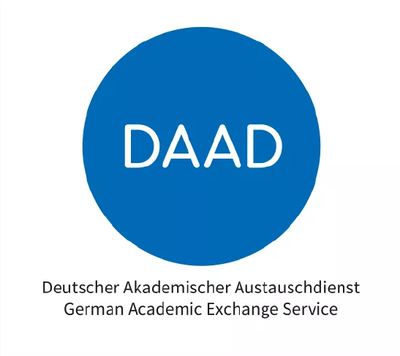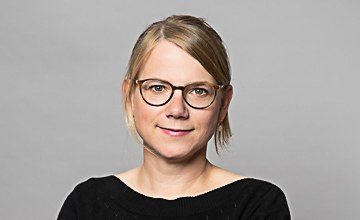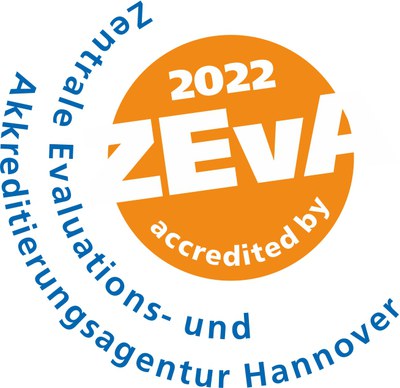Courses in Berlin
Summer Semester
Career Services Workshop - Academic Writing
Writing a Master Thesis demands engaging with a subject matter over a relatively short period of time. In this seminar we want to tackle the practical issues that arise in the final phase of the Master Degree when students are confronted with writing their graduation thesis. This means engaging with the questions of time management, developing the central question(s) and applying methodology to structure ideas and evaluate research. As a consequence of taking this course, the students should be able to:
- understand and apply the conventions of academic writing to both content and style
- know how to develop a research question and make methodological choices
- develop a schedule which allows for new drafts and revisions
- use outside information sources and libraries to gather material
- know how to use the various software programmes for archiving material
- have a strong sense of motivation and inner commitment to their work
The prerequisite for this course is having an outline of the thesis, which has to be submitted before the deadline. Students enrolled should either be about to start on their thesis or already working on it. This seminar will contain lectures, practical assignments and group work devised to develop skills in discussing ideas and writing academically in the English language.
Winter Semester
Colloquium: How to prepare your Masters thesis
Lecturer: Dr. Claudia Matthes
In this workshop we will discuss all questions related to the writing of a masters thesis, i.e. finding a topic and formulating a research question.
Seminar: Theories and Practices of Political Participation
Lecturer: Dr. Claudia Matthes
In this seminar will look at the functioning of democracies and/or non-democracies through the lens of political participation. A specific focus will be laid on social movements as collective actors that try to influence the political sphere. We will read and discuss some classical pieces of work from the field and discuss these studies also from a methodological viewpoint. Then students are supposed to choose a movement themselves and to investigate it according to the categories discussed. The main research questions will be: What are the origins of social movements and how can we explain the extent and the form of these movements over time?
Colloquium: Contemporary Germany
Lecturer: Dr. Claudia Matthes
The colloquium offers the opportunity to discuss current aspects of domestic politics in Germany. Researchers from institutions situated in Berlin or practitioners will be invited, some visits outside the clasroom will also be made.
Joint Seminar: Governing Wider Europe
Lecturer: N.N., Assoc. Prof. Dr. Özlem Tür
It is a challenge to define Europe as a geographic, economic or political term. But still, the European Union (EU) is the most exciting contemporary political system being shaped, transformed and strengthened affecting the lives of vast populations. The enlargement of the EU was a major dimension of European integration and has functioned as one of EU’s major policy tools. Currently, the next enlargement of the EU, the constitutional debate in Europe, European foreign and security policy, and migration create challenges for unity and diversity in the wider Europe. Therefore, it is crucial to understand how the EU is governed, by whom, in whose interests, and to what ends. This course explores the origins and motives behind the creation of the European Union and the wider European political project. It offers a reflection on the institutions and social forces in order to understand the trajectory of European Integration and the history of successive EU enlargements. It also analyses the political dreams and rationalities embedded in various attempts to govern Europe. Special attention will be given to the analysis of EU-Türkiye relations and the EU’s new European Neighbourhood Policy, while placing the European Union within a changing international context.







